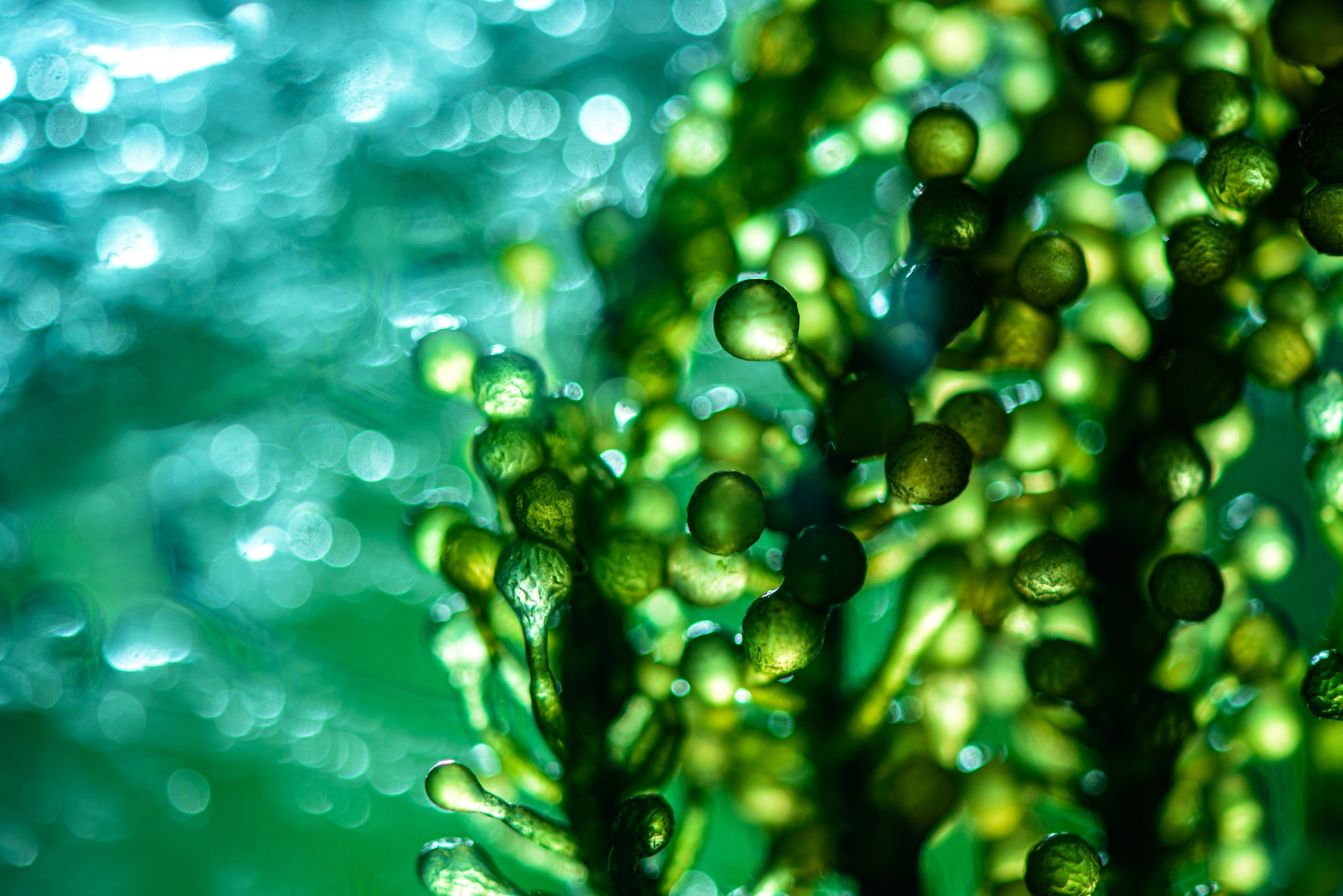Marine algae, a diverse group of photosynthetic organisms found in the world’s oceans, play a crucial role in the planet’s health. They produce around half of the global oxygen supply, sequester significant amounts of carbon dioxide, and serve as the base of the marine food chain. Additionally, marine algae have enormous potential for biotechnological applications, such as biofuels, pharmaceuticals, and nutraceuticals. However, there are numerous challenges and future directions to be addressed in marine algae research to fully understand their ecological importance and unlock their potential for sustainable development.
One major challenge is to increase our knowledge of marine algal biodiversity. Although scientists have identified over 70,000 species of algae, it is estimated that there may be more than 200,000 undiscovered species. Furthermore, many algal species have not yet been thoroughly studied for their biochemical properties and potential applications. Taxonomic research and molecular techniques are essential to identify new species and understand their evolutionary relationships.
Another challenge is to develop sustainable cultivation methods for large-scale production of marine algae. While some microalgae and macroalgae species are already cultivated for human consumption or industrial applications, there is still much room for improvement in terms of efficiency and environmental impact. Researchers must address issues such as water use, nutrient management, and waste disposal to minimize the ecological footprint of algal cultivation.
Advancements in biotechnology are also needed to harness the full potential of marine algae for various applications. Genetic engineering techniques can be employed to enhance desirable traits in algae strains, such as high growth rates or improved lipid content for biofuel production. Additionally, advanced bioprocessing methods are required to efficiently extract valuable compounds from algae biomass and convert them into high-quality products.
Environmental concerns must be taken into account when considering the large-scale use of marine algae. For instance, the introduction of non-native algal species for cultivation purposes could have unintended consequences on local ecosystems, as has been observed with invasive seaweed species in some regions. Moreover, the potential release of genetically modified algae into the environment raises concerns about the impacts on natural algal populations and marine life.
Marine algae research should also explore the depths of our oceans to uncover new species and unique biochemical properties. The deep sea is a largely unexplored frontier, with extreme conditions that can give rise to novel organisms and biochemical processes. Deep-sea algae may possess unique traits that could be harnessed for various applications, such as bioactive compounds with pharmaceutical potential or extremophile enzymes for biotechnological uses.
Furthermore, research should focus on understanding the complex interactions between marine algae and other organisms in their ecosystems. Algae play a crucial role in nutrient cycling and energy transfer in marine food webs, but the specific mechanisms and relationships are not yet fully understood. Gaining a deeper understanding of these ecological processes will help inform sustainable management strategies for marine resources.
Finally, interdisciplinary collaboration is essential for addressing these challenges and advancing marine algae research. Scientists from various fields, including biology, chemistry, engineering, and environmental science, must work together to develop innovative solutions for sustainable algal cultivation and biotechnology applications. Additionally, partnerships between academia, industry, and government are necessary to translate scientific discoveries into practical applications and policies.
In conclusion, marine algae research holds enormous potential for addressing environmental concerns and contributing to sustainable development. However, significant challenges remain in terms of understanding algal biodiversity, developing sustainable cultivation methods, harnessing biotechnological advancements, and exploring the depths of our oceans. By addressing these challenges through interdisciplinary collaboration and innovative research approaches, we can unlock the full potential of marine algae for the benefit of our planet and society.

